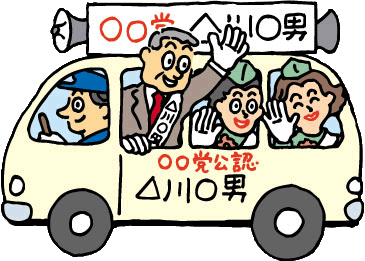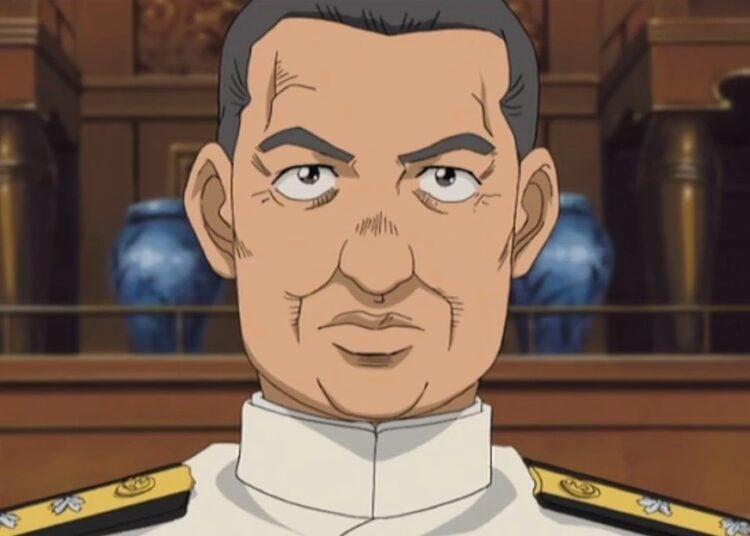America’s election is almost here, and the whole world is watching, including the Japanese, who get regular reports from the campaign trail on the news. It’s interesting how politics differs in each country, with people taking sides on different issues in accordance with their own unique national history. Japan’s system allows for several political parties, with the major ones being the ruling Liberal Democratic Party; the opposition Democratic Party of Japan; New Komeito, a party with ties to the Sokka Gakkai Buddhist religion, part of the current coalition; and the smaller Japan Communist and Socialist Parties. Perhaps due to this more complex political landscape, the idea of being “conservative” or “liberal” here is a little different from what you might be used to in your country. Conservatives like the ruling LDP are associated with being pro-business, pro-agriculture, since farmers make up so much of the party’s base of voters, and pro-construction, as Japan loves to build things. Conservative politics often go hand-in-hand with respect for the Japanese Emperor, and at the extreme end ultra right-wingers embarrass everyone by driving around in loudspeaker trucks blaring war songs from World War II. (On the upside, they sometimes play the Space Battleship Yamato theme song, which is cool.) Things on the other side of the aisle are harder to pin down. “Liberals” in Japan would on the surface be tied to traditional socialist movements, although there’s very little discussion of this in modern Japan; instead, the only “socialist” proposals you hear about are attempts to eliminate the 5% consumption tax to help households economically. Teachers in public schools are considered left-leaning and against the Emperor System, and when my wife was in Junior High she had a teacher who took time out from the normal curriculum to teach the students about the war, despite this not being in the approved textbooks. Different issues divide people at different times, for example there was a rousing debate on how to reform Japan’s sprawling National Postal System (which also functions as the world’s largest single bank in terms of deposits) a few years ago. North Korea’s kidnapping of 13 Japanese citizens to serve as language teachers for North Korean spies has also left its mark on politics, and the Japan Socialist Party was never able to recover from being associated with North Korea in the past. Despite the push and pull of party politics in Japan, very little actually changes after an election, due to the layer of professional civil service employees (komuin) who actually do the work of government. The Minister of Education might change when an election is held and a new cabinet formed, but very few of the staff at the Ministry overall would be affected, which brings a kind of eternal stability to the country. Incidentally I’ve voted in the election via the absentee ballot system already. If you’re in the U.S., hope you’ll be voting, too!

This is what Japanese elections are like, but louder














